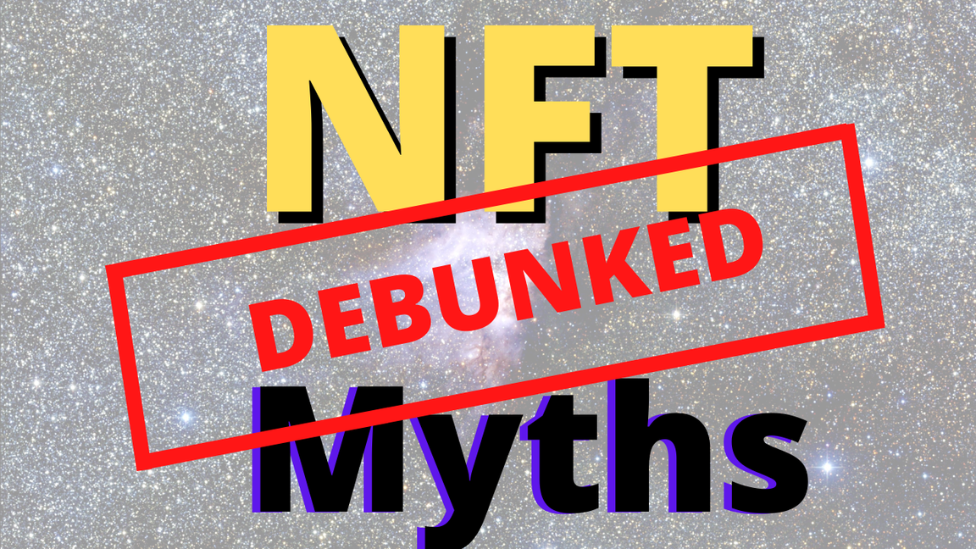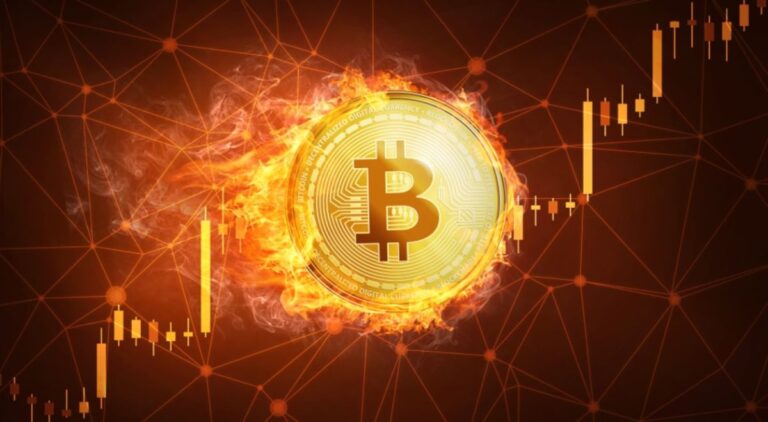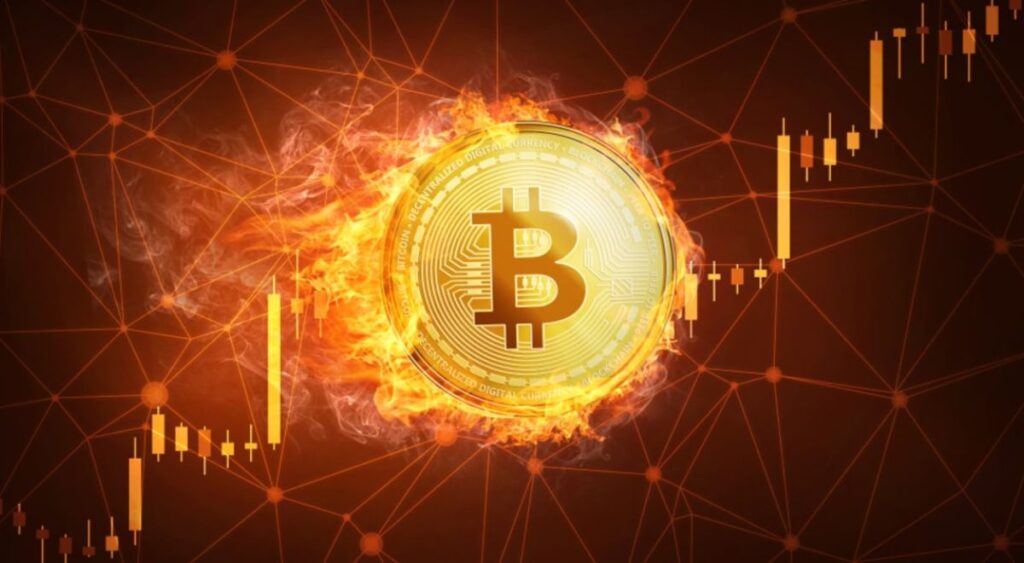Non-fungible tokens (NFTs) have recently revolutionized the art, gaming, and collectibles industries by sweeping the globe. However, many misconceptions and falsehoods have surfaced due to this quick increase in popularity. In order to provide readers a thorough knowledge of this intriguing class of digital assets, we shall dispel five popular NFT fallacies in this article using examples and data that can be linked to them.
Five NFT Myths Debunked
MYTH 1: Is NFT Just Digital Art?
Despite its initial popularity in art, NFTs have much broader uses. Various digital and physical objects, including music, films, virtual real estate, collectibles, and even real-world assets like real estate, can be represented by NFTs as belonging to the owner.
Myth No. 2: NFTs Are Worthless
NFTs can, in fact, be quite valuable in the actual world. Similar to tangible collections, they draw their value from scarcity, ownership, and demand. NFTs can be traded and sold on several internet marketplaces, with some fetching millions of dollars.
An NFT created by the digital artist Beeple sold at auction in March 2021 for $69.3 million, demonstrating the NFTs’ true worth.
Third Myth: NFTs Are Not Eco-Friendly
Because many NFTs are constructed on blockchain networks like Ethereum that rely on power-hungry Proof of Work (PoW) consensus techniques, NFTs do have an environmental impact. However, some NFT initiatives are evolving toward greener options, like layer 2 scaling strategies or blockchain networks that use Proof of Stake (PoS).
The move from Ethereum to Ethereum 2.0, which makes use of PoS, seeks to drastically cut down on the energy used by NFTs.
Fourth Myth: NFT Ownership Equals Copyright
Intellectual property rights are not often granted simply by owning an NFT. Unless specifically assigned, the copyright for the NFT remains with its author. NFT ownership often serves as evidence of authenticity and ownership but does not give the right to copy or share the underlying content.
Unless otherwise stated in the NFT’s rules, a digital artist selling an NFT of their work keeps ownership of the original piece.
Myth 5: NFTs Are a Passing Fad
Although NFTs have grown rapidly, they seem to be here to stay. Major companies, creatives, and musicians are embracing NFTs as a fresh method of connecting with followers and making money from digital material. NFT technology is still developing and entering new markets.
Famous companies like Nike and musicians like Snoop Dogg have introduced their own NFT lines, demonstrating the long-lasting potential of NFTs.
CONCLUSION
In conclusion, NFTs are a flexible and developing category of digital assets with uses that go well beyond digital art. Despite the fact that their environmental impact is still a problem, they can be quite valuable. NFT ownership does not imply copyright, and as more businesses see their potential, NFTs are expected to continue to play a significant role in the digital world.
















